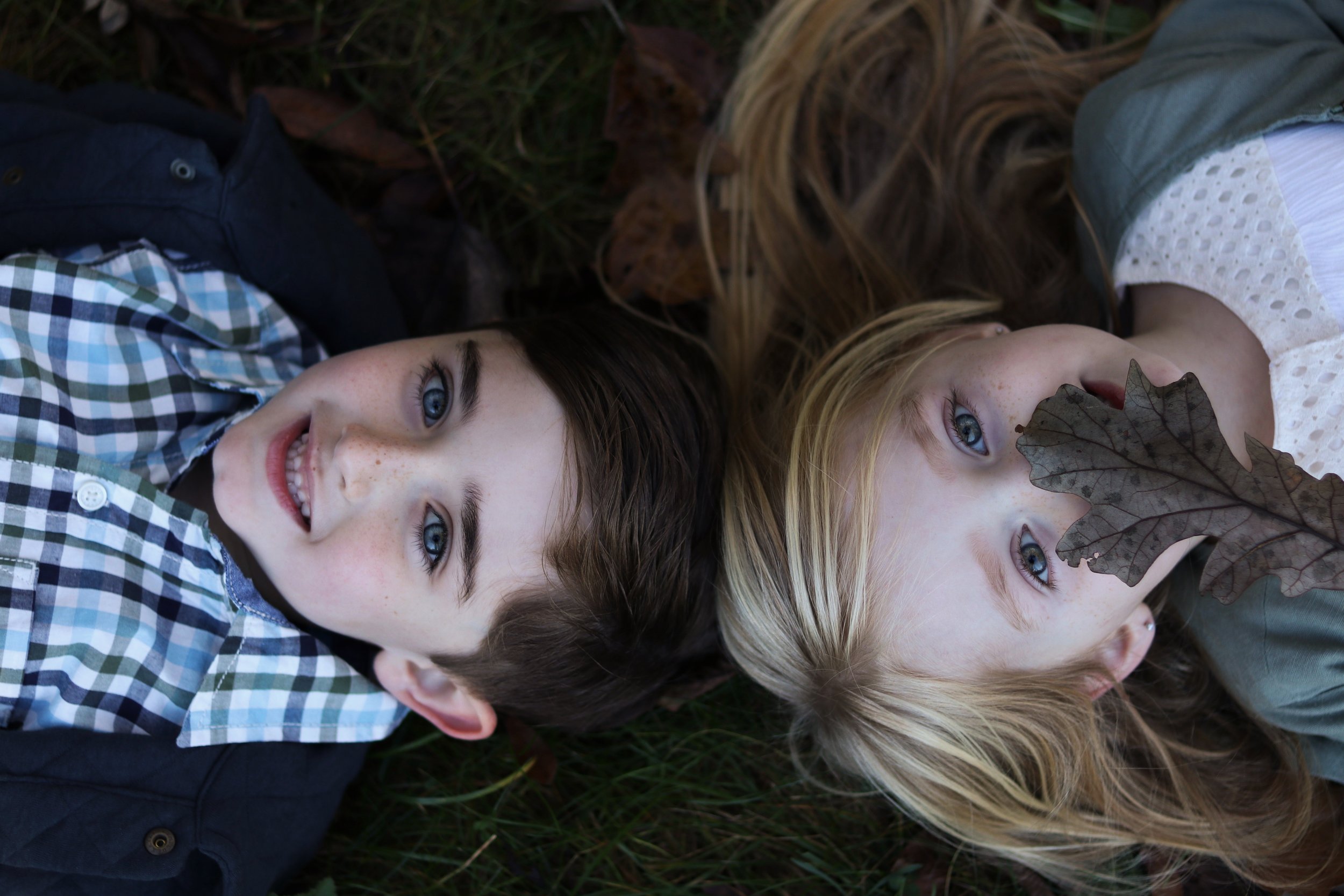It’s About Protecting Your Kids …
It’s normal for parents to feel uneasy when considering the question of what would happen to their minor children if they pass on unexpectedly. No one wants to talk about not being around for their kids.
It’s important, however, to remember that at the heart of planning for the Legal Guardianship of your kids lies one true thing: your love for them. Appointing legal guardians for your children means that you can provide for the best upbringing and care they need, should you not be around. And to yourself, you give the gift of peace-of-mind that comes with knowing that your kids are protected, and supported by the people who you trust. This contingency plan is, in the end, about having the courage to grapple with difficult conversations and decisions to do what’s best for your family.
Whether you are a single parent, divorced but share custody of your children, or married with children, the following are key issues to bear in mind when you plan for the Legal Guardianship of your children:
Guardianship. So long as you and your child’s other parent share legal custody, if one of you passes on, the raising and care of your child falls to the other person by default. Where neither parent is living, and not arrangements have been made, the minor child falls into the custody of a legal guardian appointed by a court. The best way to avoid such a scenario is to set up guardianship clauses in your will that spell out the specifics of your choice of guardian. The process of the court appointing a legal guardian can be a long-drawn one, and risks leaving your children in a kind of “limbo” until the legalities are settled.
Do not assume that your closest relatives (e.g. siblings, parents) will be automatically granted guardianship; the court has a legal obligation to go through guardianship petitions by your relatives, weighing affidavits and other legal submissions when making a decision as to who will have legal guardianship of your children.
Responsibilities of a legal guardian. These are essentially the same as those of any parent – to take care of the child’s physical, emotional and financial needs to ensure that the child grows up in a safe and stable environment. Your child’s guardian will essentially step into your shoes as regards her care.
What to consider when choosing a guardian. While anyone above the age of 18 can be a legal guardian, maturity is also important. Conversely, you want someone youthful enough to raise very young children. While it is a delicate issue for some families, you would want to ensure that the person raising your child is energetic and healthy enough for daily responsibilities and major milestone challenges of your child’s life. If your child is to live with her guardian(s), it’s important that it’s a home environment that is conducive (e.g. are there other kids and pets or older relatives who live with her guardian?).
Values are important considerations too. Is your chosen guardian someone who shares the same religious or non-faith-based values as you do? Is the person someone who is likely to make the same choices for your child as you would?
Last but certainly not least, choose someone who your child already knows quite well, and who gets along with. There is much to be said for choosing a guardian who already loves your child and cares for her deeply.
Note: if you have your heart set on one person as your children’s legal guardian, start the conversation now. Take into account her/his concerns, and also plan for a back-up guardian should something happen to your chosen guardian in your child’s latter years. It’s never a simple process of drawing up legal documents — the conversation must be had first, to ensure that you and your preferred choices of guardians are truly comfortable with your nominations.
Having more than one guardian. Sometimes, the person who is best suited to raising your child and giving her a home is not the best person for managing her finances. It’s entirely up to you if you wish to appoint another person just for this responsibility — you could appoint a trustee for your children’s monetary assets and income in addition to their personal guardian who will be the person they are raised by. This should not to be confused with having co-guardians, who share equally in all responsibilities in your child’s care and upbringing (e.g. your sister and her husband can be co-guardians who are responsible for all of your child’s needs, including financial). Setting up a trust with your will for your child’s financial well-being is separate and detailed exercise and does not happen automatically when you have a will with guardianship clauses.
In some situations, you may wish to name different guardians for each child, if you have more than one child. It’s not unusual for kids who are far apart in age, or who have special relationships with their potential guardians, to respond better than when they all share one legal guardian. Also, some a single guardian may simply not have the physical space and other resources to take care of all your children. Or, your chosen guardian may not be able to take in the family pet as well, while another guardian may be able to do so. The arrangements are entirely up to you and your chosen guardians, and what works best for your children.
If you choose to have different guardians for different kids, then location also becomes an important factor — you want to make sure that your kids stay in close and regular touch with each other even if they live in different households.
Other issues to consider. If you do not wish for your child’s other parent to have custody of your child, you could write a letter accompanying your will to explain your reservations and your reasons for your choice of guardian. It’s rare for a court to deny a surviving parent custody of a child, unless that person is clearly unfit or unable to (e.g. has a history of substance abuse or violence or has a mental illness or chronic health condition that prevents the necessary caring for your child).
While not a guarantee that your choice of guardians for your children will override the rights of your child’s other parent, your letter will be taken into consideration by the court as to who should be your children’s legal guardian.
Standby Guardianship. This is different from Permanent Legal Guardianship (above) in that the Standby Guardian has selected rights over the minor child’s care, without her parents giving up their parental rights, while the parent is still alive. This legal arrangement is often the solution to a situation where a parent is temporarily unable to care for her child (e.g. due to illness or other incapacity) and shares decision-making with the standby guardian. You can set out – very specifically – the “triggering event” for your Standby Guardianship to share parental responsibilities with you. In New York State, once the triggering event takes place, your Standby Guardian must peittion within 60 days to the New York Surrogate Court for this to be extended. The standby guardian, however, can take over immediate care of your children before the deadline, thereby ensuring that there is no lapse in proper care for your kids.
Standby Guardianships are, for obvious reasons, very important for single parents. But it can be crucial too in situation where BOTH parents are unable to care for their children (e.g. hurt in a car accident where both were in the car), Standby Guardianship can serve to ensure the children are taken care of in the interim. Remember that your parents/siblings/friends or your children’s god-parents do NOT have legal custody and care of your kids by default. The law still requires proper documentation and process as the priority is to ensure the safety and care of your kids.
The above is but a small part of the larger picture on the guardianship of minor children. If you would like to talk to me more about protecting your children, you can contact me here.
. . . . .






